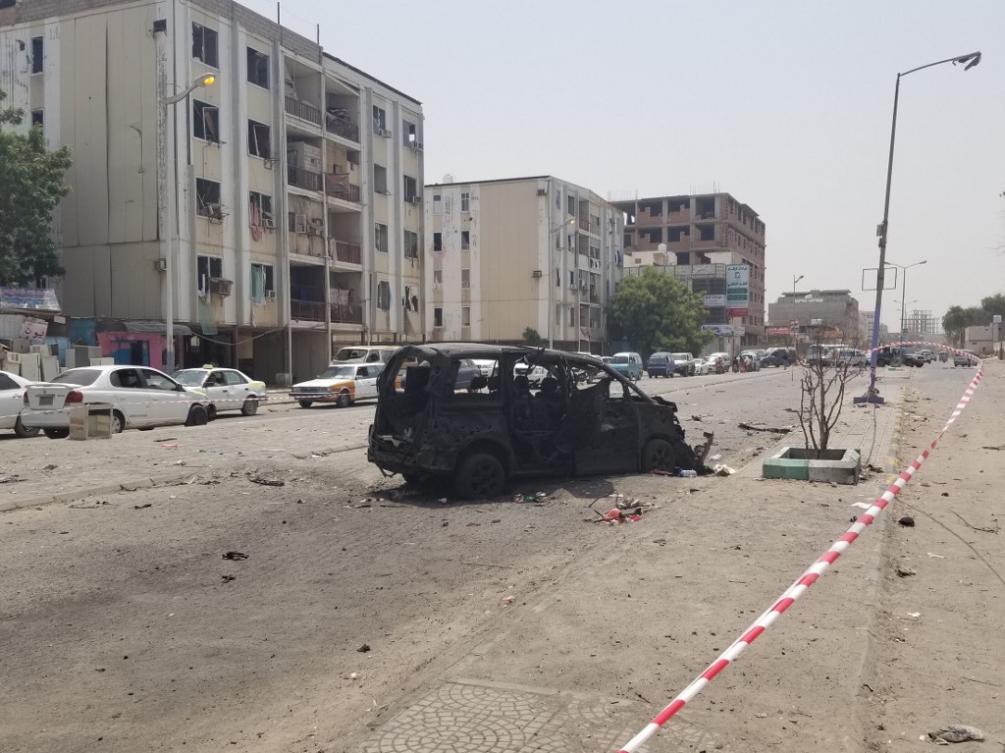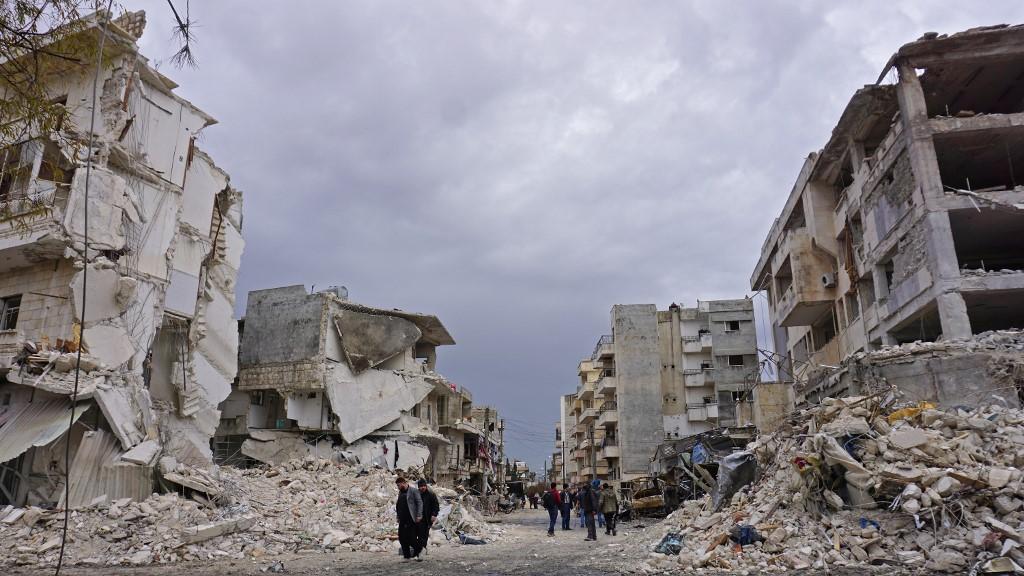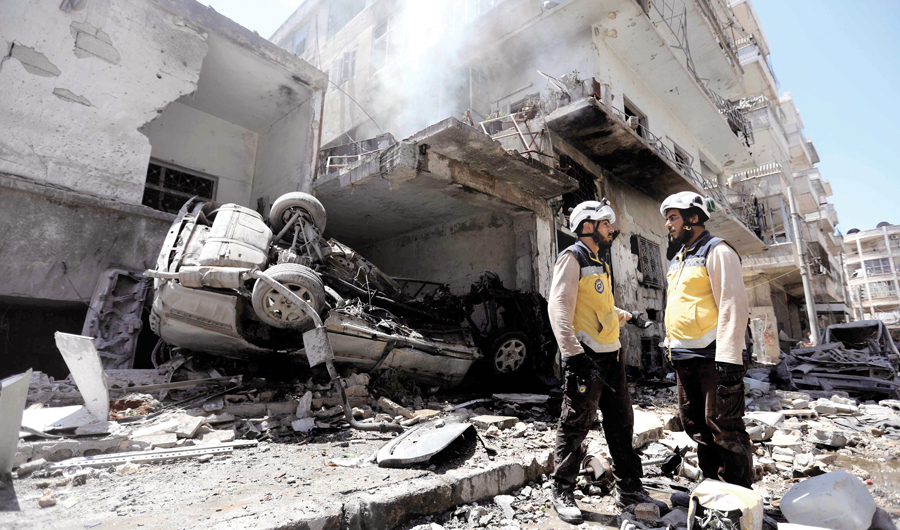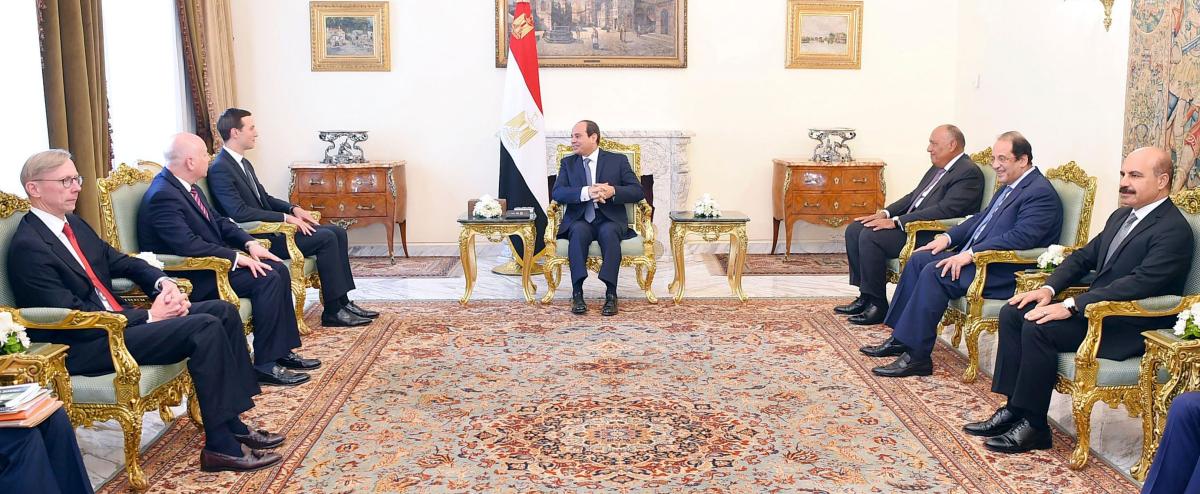BEIRUT: Syrian regime forces have gained some ground in the country’s last opposition bastion during a Russian-backed offensive that aid agencies warn is growing bloodier.
The wave of violence in northwest Syria since late April has killed more than 400 civilians and forced more than 440,000 to flee toward the Turkish border, the UN said last week.
Syria’s army seized a handful of villages, fields and hills in the Hama countryside in the past two days, a military media unit for Lebanon’s Hezbollah, which fights alongside Damascus, said on Thursday.
The region — including Idlib province and parts of nearby Hama — is part of the last major stronghold of armed opposition to Syria’s Bashar Assad, who has vowed to reclaim all of Syria, though his side has not made major advances in this latest assault.
In rare public comments, the Syrian army’s political chief pledged to seize Idlib if Russia, Assad’s key ally, does not reach a diplomatic solution with Turkey, long an opposition backer.
Airstrikes by the Syrian regime and its allies have hit schools, hospitals, markets and bakeries, UN human rights chief Michelle Bachelet said last week. She denounced the “apparent international indifference” to the mounting civilian casualties.
Bombing has escalated in the last four weeks, killing and wounding more people than at any time this year, the nonprofit Doctors Without Borders said on Wednesday night.
At least 33 children were killed since the end of June, more than during all of 2018, the charity Save the Children said last week. “Bodies, some torn into pieces or burned beyond recognition, are still being recovered from the rubble,” it said.
Maj. Gen. Hasan Hasan, head of the Syrian Army’s political bureau, said on Thursday that the military path to eliminate “terrorism” in the north is ongoing.
He told the pro-regime Al-Watan newspaper that it would be good if Moscow or Tehran could find a solution through talks with Ankara, which has Turkish forces stationed in the northwest.
“But at the same time, when matters reach a dead end, then the Syria Arab Army which cleansed all these vast areas … will not stop at all, neither at Idlib nor at any area,” he said.
The dominant force in Idlib is Tahrir Al-Sham, formerly the Nusra Front, and factions backed by Turkey also have a presence in the region.
The regime has described its operations as responses to militant violations and has denied targeting civilians during the eight-year war.
Idlib falls within a “de-escalation zone” agreed on last year.




